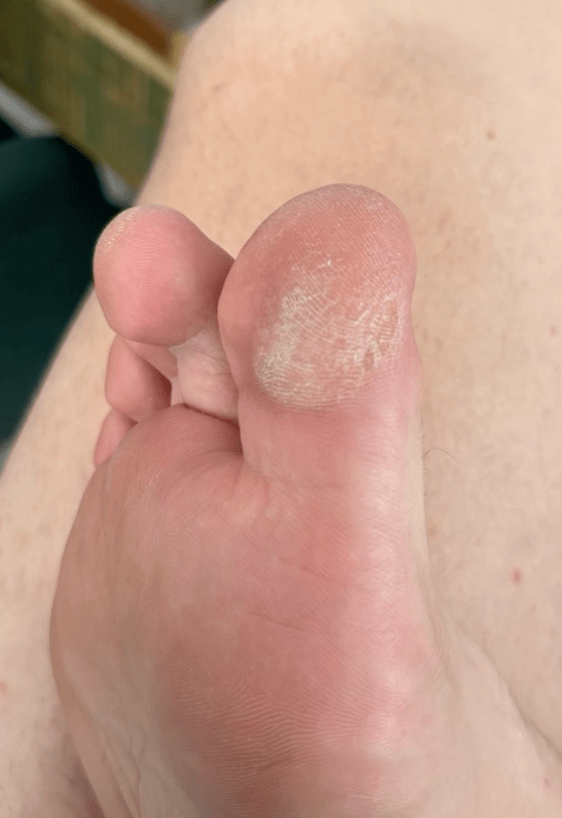Life cannot exist without water, and in order for our bodies to function at their best, they must be well-hydrated. When we lose more fluids than we take in, we get dehydrated. This imbalance can have a serious negative impact on our health.
In this post, we’ll look at the value of remaining hydrated, the risks of becoming dehydrated, and some helpful advice on how to keep your body properly hydrated.

The Benefits of Hydration:
Water is essential for many bodily processes. It promotes healthy digestion, controls body temperature, lubricates joints, and aids in the elimination of waste and toxins. Additionally, keeping good skin and sustaining cognitive functioning depends on appropriate hydration. Dehydration sets in when we don’t drink enough water, affecting these essential functions and endangering our health.
Understanding the Dangers of Dehydration:
- Impaired Physical Performance:
- Physical performance can suffer significantly as a result of dehydration. Dehydration, even minor dehydration, can impair sports endurance, strength, and performance. This may have an impact on athletes and those who engage in physical activity, and it may cause weariness, cramping, and dizziness.
- Cognitive Impairment:
Changes in water levels affect the brain very sensitively. Memory, focus, and awareness are just a few of the cognitive processes that can suffer from dehydration. This is especially concerning in contexts like workplaces and classrooms where productivity and mental clarity are crucial.
- Heat-Related Illnesses:
Our bodies sweat more when it’s hot outside or when we’re working out hard. If these lost fluids are not replaced, it can result in heat-related disorders including heat exhaustion or heatstroke, which can be fatal if left untreated.
- Kidney Stones and Urinary Tract Infections:
Kidney stone formation is made more likely by the concentration of minerals in urine caused by inadequate hydration. Additionally, less fluid consumption can hinder the body’s ability to remove bacteria from the urinary tract, increasing the risk of urinary tract infections.
- Constipation:
- In order to maintain regular bowel movements, water is essential. Constipation can be caused by not drinking enough water since this causes the colon to absorb more water from the stool, making it more challenging to pass.
- Increased Risk of Chronic Diseases:
Chronic dehydration has been associated with a higher chance of developing certain diseases, such as diabetes, heart disease, and hypertension. Drinking enough water can improve cardiovascular health overall and make certain diseases easier to treat.
Tips to Avoid Dehydration:
- Drink Plenty of Water:
Even if you don’t feel particularly thirsty, make it a practice to drink water throughout the day. Keep a reusable water bottle on hand and sip from it frequently. Aim for at least eight 8-ounce glasses of water each day, while specific requirements may differ depending on things like age, degree of exercise, and environment.
- Monitor Your Urine Color:
The color of your urine is a straightforward indicator of your level of hydration. pee that is clear or light yellow suggests adequate hydration, whereas pee that is dark yellow or amber-colored may indicate
-
- Consume Hydrating Foods:
Include hydrating foods like watermelon, cucumber, oranges, celery, and strawberries in your diet. These meals help you consume more fluids overall because of their high water content.
- Limit Caffeine and Alcohol:
Alcohol and caffeine both have diuretic effects that can increase the amount of fluid lost through urination. Limit your consumption of these drinks, especially during hot weather or physical activity.
- Hydrate Before, During, and After Exercise:
Drink water before, during, and after working out to replace the fluids lost via perspiration and keep yourself properly hydrated.
Conclusion:
- One of the most important parts of sustaining excellent health is staying hydrated. Dehydration can have a variety of adverse effects, including decreased physical and mental function as well as more serious disorders like heat-related illnesses and kidney stones.We can protect our health and make sure our bodies work at their best by implementing straightforward habits like drinking lots of water, eating foods that are high in water content, and being aware of how much fluid we are taking in. Make staying hydrated a priority and a daily ritual to reap the many rewards of a well-hydrated body.






